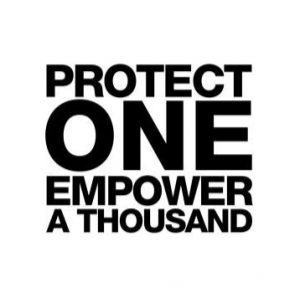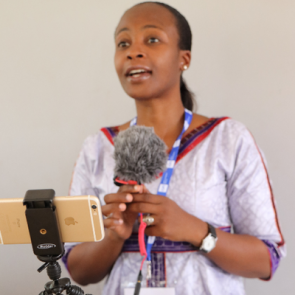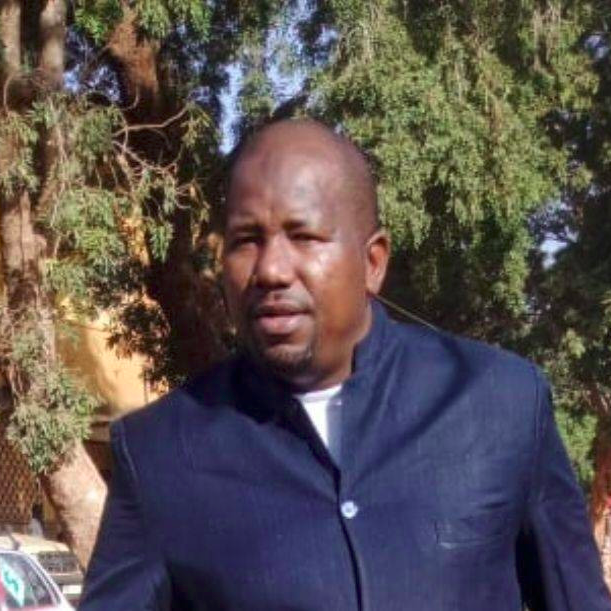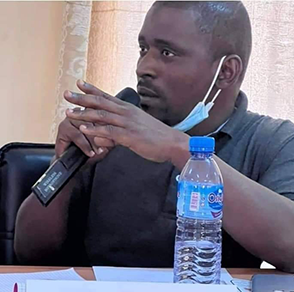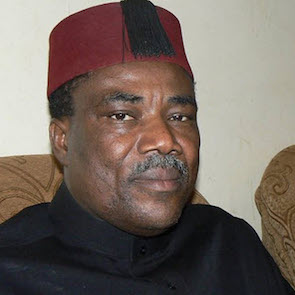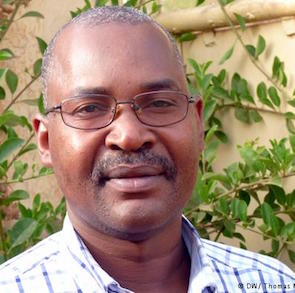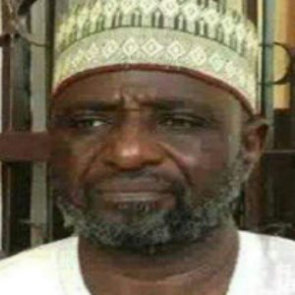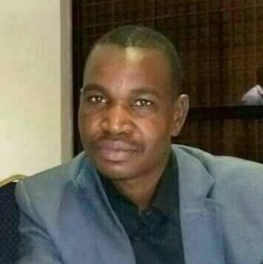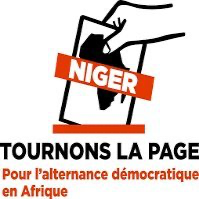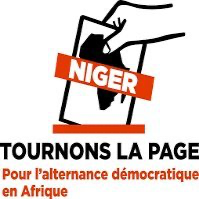#Niger
#Niger
Human rights defenders working on combating impunity and for social justice are targeted with judicial harassment, including pre-trial detention and trumped-up charges. The government has systematically refused authorisation for peaceful protests, based on security grounds, and has violently repressed protests in the capital Niamey, including targeting organisers and protesters with arrests and detention. In March 2017, the Nigerien government declared a state of emergency in response to further attacks by Boko Haram and renewed the state of emergency in the Diffa region. The permissions under the state of emergency have been used as a tool to further harass human rights defenders and journalists and restrict their work. In order to maintain control, the government has limited freedom of speech and of the press, which has resulted in arrests of human rights defenders without charge.
President Mahamadou Issoufou was the first leader to endorse the 2011 Declaration of Table Mountain. The Declaration of Table Mountain calls on African governments to recognise the importance of freedom of the press and, crucially, highlights the necessity for the independence of the press from political and government institutions. Additionally, it calls on governments to repeal criminal defamation, criminal libel and insult laws that often restrict the work of human rights defenders. However, journalists that criticise the government or denounce human rights violations in the country are at risk, even though Article 23 of the Nigerien Constitution permits freedom of thought, opinion and expression. Some have been subjected to intimidation, physical attacks, arbitrary arrests, trumped-up charges, and unfair trials. All these threats prevent journalists from exercising their freedom of speech and expression, and for this reason they often practice self-censorship.
